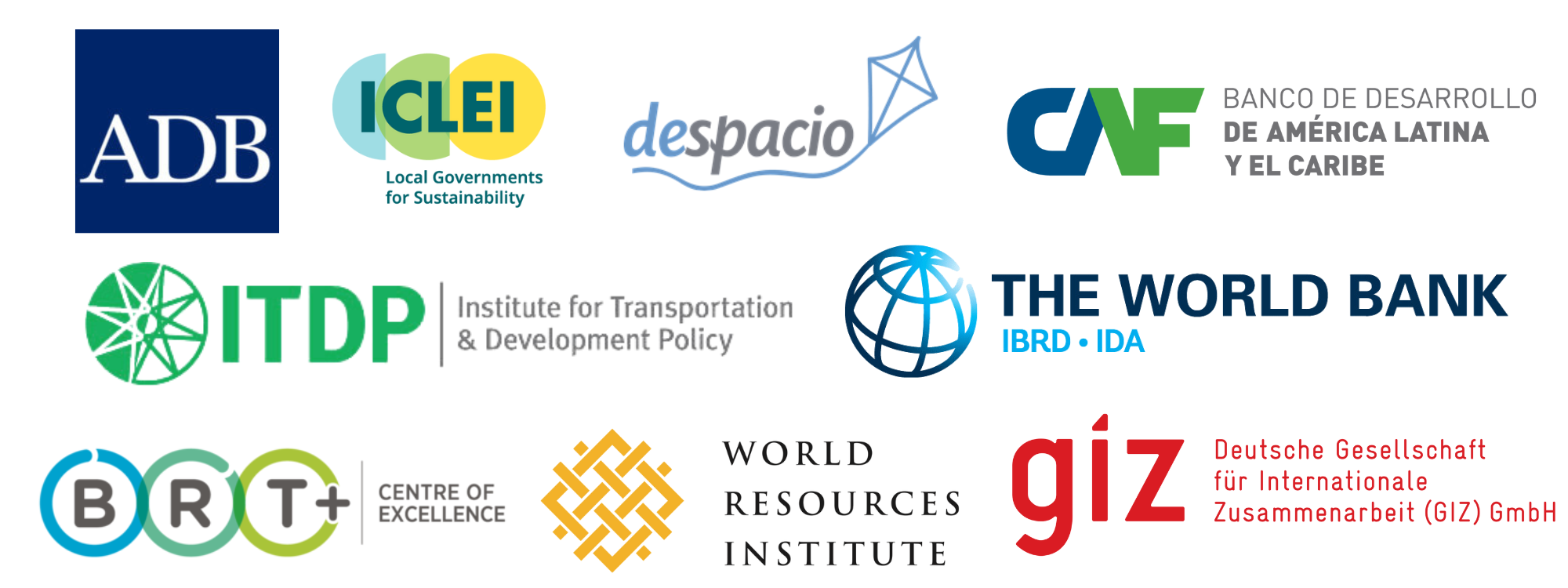>> What is the Sustainable Transport Award?
Each year, ITDP and the Sustainable Transport Award Committee select a city that has implemented innovative sustainable transportation projects in the preceding year. These strategies improve mobility for all residents, reduce transportation greenhouse gas emissions and air pollution, and improve safety and access for cyclists and pedestrians. The winning city and honorable mentions are honored in a virtual ceremony hosted in February of the winning year.
>> How is the STA evaluated?
Cities are awarded based on a sustainable transportation intervention that addresses climate change, resiliency, and equity concerns.
The transportation intervention must have been completed 18 months before the submission deadline, March 31, of the selection year.
The award has two rounds of evaluation. The first is the nominee application round, which includes identifying the type of transportation intervention you are submitting for:
Public Transport (e.g. BRT, Metro rail)
Cycling and Walking (e.g. cycle share, pedestrian improvements)
Travel Demand Management (e.g. parking, congestion pricing)
Sustainable Urban Development (e.g. transit-oriented development)
Urban Freight (e.g. city-wide freight plan, last-mile solutions)
The second round of evaluation criteria will dive into the qualitative and quantitative impacts of the sustainable transport intervention. These can include:
Increase in road safety
Change in VKT
Policy changes that helped achieve the intervention
Funding and financing that helped achieve the intervention
Before and after photos of the sustainable transport intervention
Impacts on air quality or reduction in GHG emissions
Increase in time and/or money savings as a result of the intervention
Increase in equitable access
Changes in mode share and ridership
Increase in personal security
>> How can you nominate a city for the Sustainable Transport Award?
Nominations begin after the Sustainable Transport Award Ceremony and end on March 31st each year.
Anyone can nominate a city but a city contact is required to to move forward in the application process.
We accept applications in languages other than English, and we will work internally to translate and confirm the information on a case-by-case basis.
To be notified when we open applications each year, we encourage you to subscribe to the Sustainable Transport Bulletin.
What is the Sustainable Transport Award Committee?
Committee members evaluate nominations and decide on the STA winner and the honorable mention. The committee is composed of a prestigious international cadre of experts representing the most highly regarded organizations in the sustainable transport and urban development field.
If you are interested in joining the Sustainable Transport Award Committee, please send your inquiry to Veronica.Ortiz@itdp.org.


